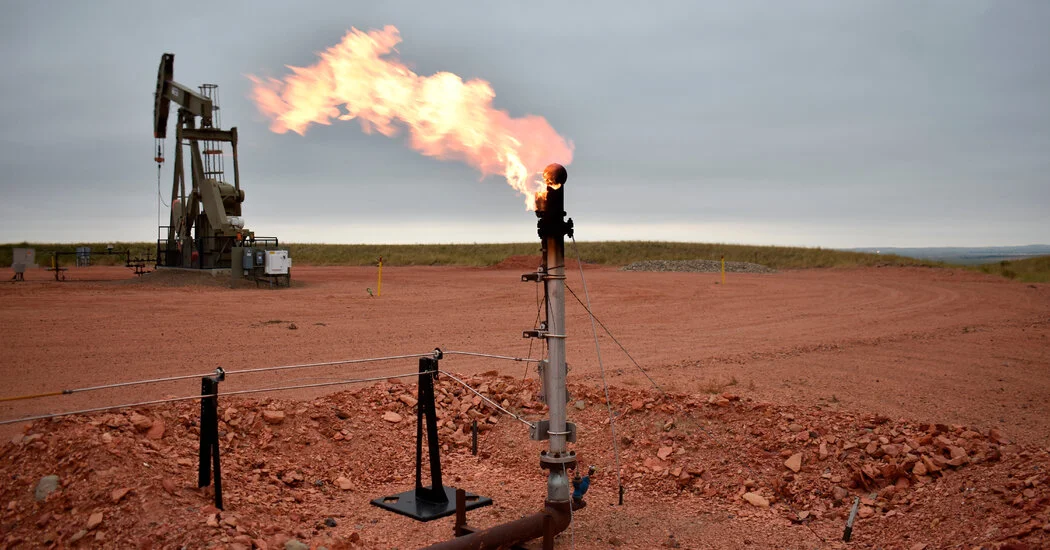The higher the number, the greater the government’s justification for compelling polluters to reduce the emissions that are dangerously heating the planet. During the Obama administration, White House economists calculated the social cost of carbon at $42 a ton. The Trump administration lowered it to less than $5 a ton. Under President Biden, the cost was returned to Obama levels, adjusted for inflation and set at $51.
The new estimate of the social cost of carbon, making its debut in a legally binding federal regulation, is almost four times that amount: $190 a ton.



None of those issues have anything whatsoever to do with it being a EV. It’s a GM product deep into the economy price bracket, and you’re complaining about a lack of power seats or cheap sounding door closure? It’s a cheap car, it’s no surprise that cheap cars lack in luxuries.
Being a cheap car is kind of the point though. There are family friendly 4 door EVs in most new car buyers’ price brackets, from cheap hatchbacks to the fastest super cars and almost everything in between.
Not all cheap cars lack in luxuries let alone normal things like space for luggage; bad cheap cars do which is why I keep harping on the Bolt in particular. There are good electric vehicles out there, I’m sure, they’re just not in every price range, as an average new car price of $40k is beyond what most people can actually afford when inflation’s been hammering their food and housing expenses. The Bolt’s niche, at roughly $20k after tax credits, means it’s competing with lightly used Civic/Corolla/Mazda3 vehicles, all three of which are much better cars overall, and have decades of reliability. If you can’t depend on a Bolt and it feels cheap when it works perfectly, what working class person is going to want one?